Why You Want Cast Iron Cookware
There are several benefits of cooking with cast iron. One is that it lasts forever! Cast iron pots and pans have been known to pass down through several generations without ever deteriorating or losing their ability to turn out delicious food.
When seasoned correctly, this cookware provides a great way to cook without added fat. Its naturally non-stick surface requires no added oil and transfers seamlessly from stove to oven and vice-versa.
Many skillets, frying pans, Dutch ovens, and griddles are made of cast iron, and for good reason. Cast iron beats any modern non-stick pan because, unlike many coated pans, it won’t crack or peel. No additional oil will be needed as long as cast iron cookware is properly seasoned.
Cast iron was invented in China nearly 3,000 years ago. The molten iron was poured into molds and used to make weapons, figurines, and cast iron cookware!
- Cast iron pans are made from the same material as building girders, which is why they are so strong and durable.
- George Washington’s Mother loved her cast iron skillet so much that she bequeathed it in her will to ensure the right person received it!
- By the 1600s, most kitchens used cast iron cookware, including skillets, pans, a kettle, and many pots—along with pot hooks and trivets. The local blacksmith usually made these cast iron items.
The Benefits of Cast Iron Cookware
It really has little going for it in terms of looks, can be quite heavy, and requires a bit of work to season. So, with all this in mind, why do people prefer cast iron cookware over the many other types of cookware?
Cast iron cookware is relatively cheap compared to other forms of cookware, including stainless steel and copper.
It lasts forever, almost forever, and even if you find a cast iron skillet or pot or pan at a garage sale that looks like it has seen better days, it probably hasn’t. With a little care, it can be brought back to its former glory and continue for many years.
Assuming your cast iron pot or pan is seasoned correctly, the surface is exceptionally good at preventing foods from sticking to it.
Cast iron cookware can be easily moved from stovetop to oven, as it withstands high temperatures without warping.
How to Season Your Cast Iron Cookware
To season cast iron, you must coat it with a very thin layer of oil or fat. Some like to use bacon fat, some vegetable oil, and others, such as Crisco shortening or lard.
You will then need to place the pan upside down in an oven heated to at least 300° Fahrenheit. (Make sure you line the bottom of your oven with aluminum foil, or place a cookie sheet on a lower rack to catch the drippings.)
Heat the pan for thirty minutes to an hour. Once it has cooled, you may either begin cooking with it or repeat this process for a more secure seasoning bond.
Water will repel off the surface of a well-seasoned cast iron pan. The seasoning process fills and levels tiny pores and inconsistencies with oil, and the more you cook, the better quality your pan will be!
As long as you continue to cook with your cast iron, it will continue to provide you with excellent cookware performance for generations to come!
No Time to Season?
If you think that seasoning your cookware on a regular basis is too much effort but would still love to own a set of cast iron cookware, consider purchasing pre-seasoned cookware. This type of cookware can be used immediately upon purchase without the need to season.
Caring for Your Cast Iron Cookware
Cast iron cookware requires a little more care than other forms of cookware but is well worth the effort as you will be rewarded with years of use. Here are some basic tips for keeping your cast iron cookware in the best condition possible:
- Do not place your cast iron cookware in the dishwasher.
- If rust develops, wash with a scourer using soap and hot water and then re-season.
- Ensure that you season your cookware before using it for the first time.
- Don’t pour cold water into a hot pot or pan, as it could cause a crack in the material.
Some of My Favorite Cookware

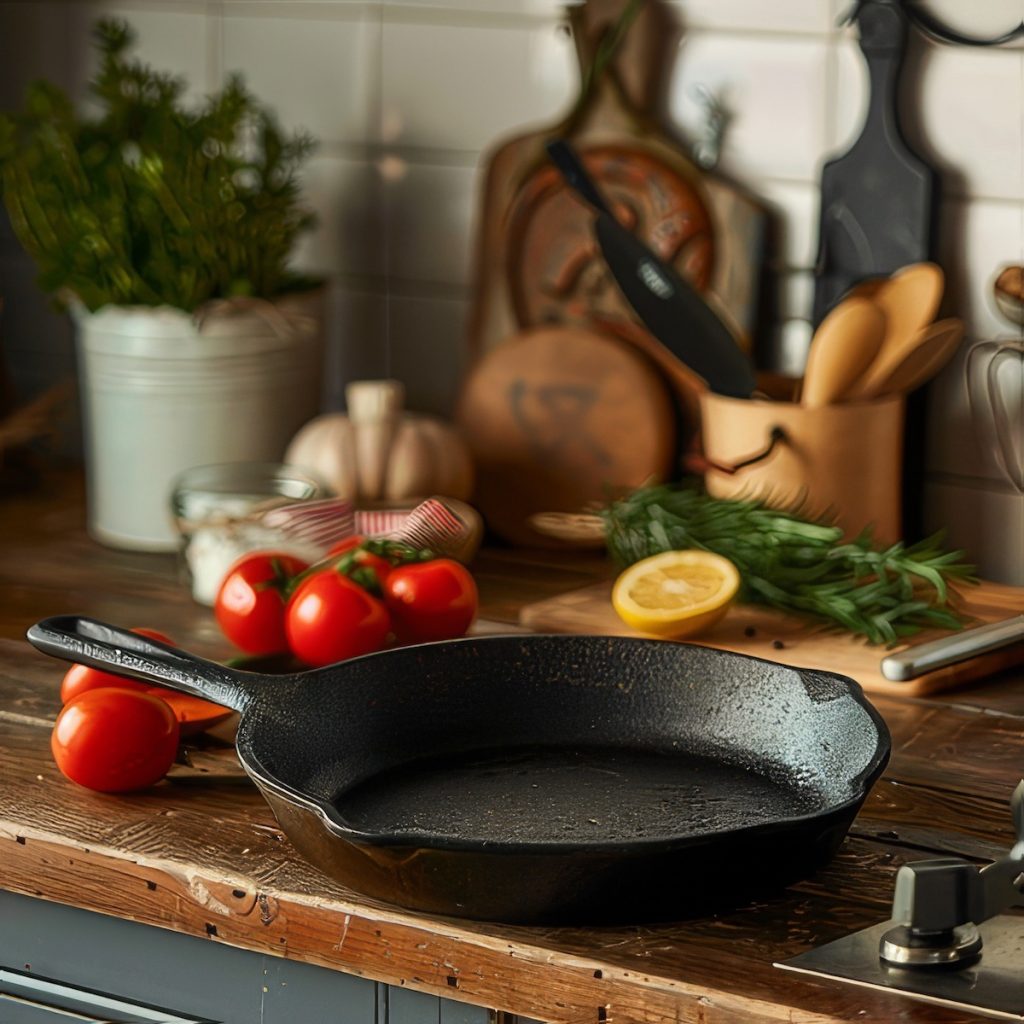
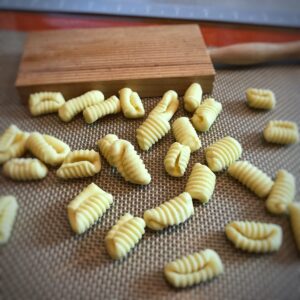



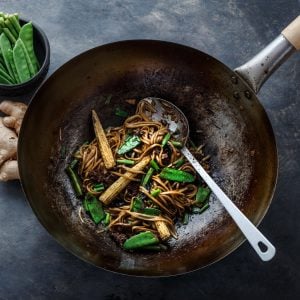
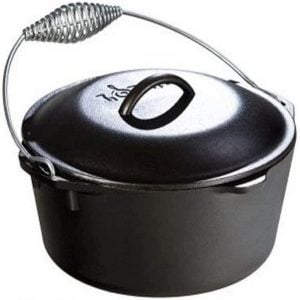
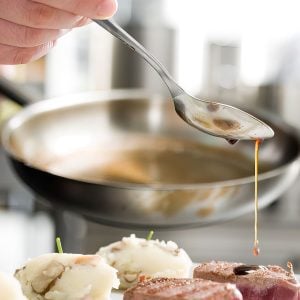
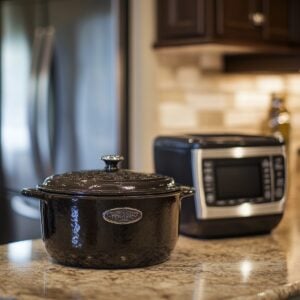
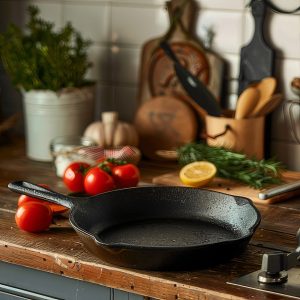
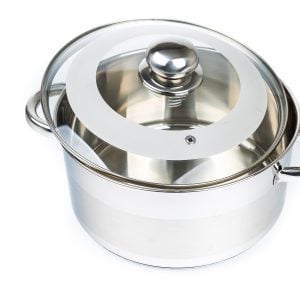
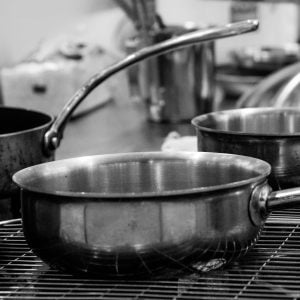
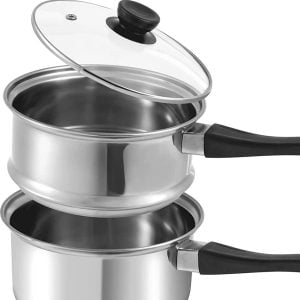


One Response
I just bought my first cast iron pan. This article is great, it helped a ton!